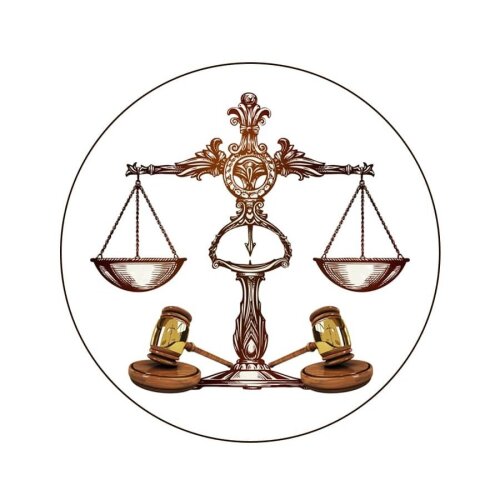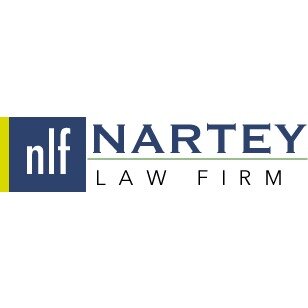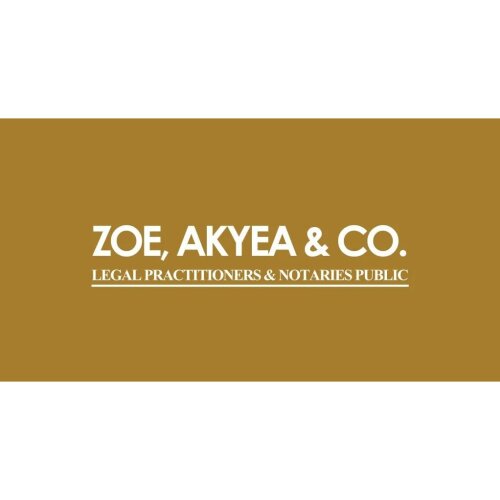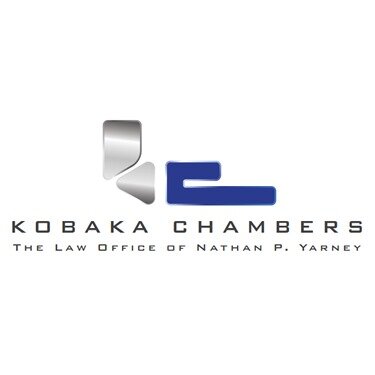Best Private Client Lawyers in Ghana
Share your needs with us, get contacted by law firms.
Free. Takes 2 min.
Or refine your search by selecting a city:
List of the best lawyers in Ghana
About Private Client Law in Ghana
Private Client law in Ghana encompasses a diverse range of legal services aimed at helping individuals and families manage their personal matters. This field covers estate planning, wills and inheritance, family law, trusts, property management, tax planning, probate administration, and related areas. Lawyers specializing in Private Client matters work closely with clients to protect assets, ensure proper succession, comply with relevant local laws, and minimize the risk of legal disputes between family members or beneficiaries. In Ghana, cultural considerations and statutory regulations often intersect, making professional legal guidance essential for achieving clients' personal, familial, and financial objectives.
Why You May Need a Lawyer
Many people in Ghana may require the services of a Private Client lawyer during significant life events or complex personal matters. Common situations include:
- Drafting or updating a will to ensure your assets are distributed according to your wishes
- Setting up trusts for asset protection, succession planning, or charitable purposes
- Administering and distributing the estate of a deceased relative
- Handling inheritance disputes among family members or other beneficiaries
- Clarifying and transferring property ownership between individuals or generations
- Seeking tax advice on personal wealth, business succession, or gifts
- Addressing guardianship or responsibility for minors and dependents
- Obtaining legal representation in family law issues such as divorce or custody
The intricacies of statutory and customary law in Ghana, as well as family dynamics, often necessitate the guidance of experienced legal professionals to avoid costly and protracted disputes.
Local Laws Overview
Ghana’s legal framework governing Private Client matters is a mixture of statutory law and customary law. Key aspects include:
- Wills and Inheritance: The Wills Act, 1971 (Act 360) governs the creation and execution of wills. If someone dies intestate (without a will), the distribution of assets is regulated by the Intestate Succession Law, 1985 (PNDCL 111), which prescribes a set formula for heirs.
- Trusts: Ghana recognizes trusts, which can be used for estate and tax planning. Trusts must comply with legal formalities for their creation and administration.
- Probate and Administration: The process of validating a will (probate) or appointing an administrator for an intestate estate involves court procedures and public notice requirements.
- Customary Law: Certain property and succession matters, especially involving family lands or inherited rights, are influenced by customary law, which varies across regions and ethnic groups.
- Taxation: Personal wealth, gifts, and inheritances may attract taxes such as capital gains or estate duty under Ghanaian tax laws.
- Family Law: Matters like divorce, guardianship, and adoption are also part of Private Client practice, with statutory rules sometimes supplemented by customary traditions.
Navigating these overlapping laws requires specialized legal knowledge, particularly when dealing with cross-border issues, blended families, or international assets.
Frequently Asked Questions
What is a will and why do I need one in Ghana?
A will is a legal document outlining how a person’s assets should be distributed after their death. In Ghana, a valid will helps ensure your property is disposed of according to your wishes rather than default inheritance laws.
What happens if someone dies without a will in Ghana?
If a person dies intestate, the Intestate Succession Law determines how their assets are divided. The law sets out proportions for spouses, children, parents, and other family members, which may differ from the deceased's personal wishes.
Can customary law affect inheritance matters?
Yes, customary law can play a significant role, especially regarding family land and certain properties. The influence and application of customary law depend on the ethnicity and local traditions of the deceased.
How do I create a trust in Ghana?
A trust is created by executing a trust deed, appointing a trustee, and transferring property or assets to be managed for the benefit of designated beneficiaries. Trusts can be complex and usually require legal advice to set up and administer properly.
What is probate, and why is it needed?
Probate is the legal process for authenticating a will and authorizing an executor to distribute the estate. It provides legal certainty and protects the rights of beneficiaries and creditors.
How can I resolve a family dispute over inheritance?
Engaging a lawyer or mediator is recommended. A legal professional can help clarify rights, interpret the will or applicable laws, and, if necessary, represent parties in court to resolve disputes.
Are gifts and inheritances taxed in Ghana?
Certain gifts and inheritances may attract taxes such as capital gains tax, depending on the nature of the asset and the relationship between the parties. Tax laws are subject to change, so seek current legal advice.
What documents do I need to administer an estate?
Essential documents include the death certificate, will (if any), property documents, identification of beneficiaries, and, for intestate cases, letters of administration granted by the court.
Can a foreigner inherit property in Ghana?
Foreigners may inherit property, but there are restrictions, especially in relation to stool or family lands and certain types of property under customary law. Legal guidance is crucial in such cases.
How do I find a reputable Private Client lawyer in Ghana?
You can consult the Ghana Bar Association or ask for recommendations from trusted professionals. Always verify credentials and experience in Private Client matters before engaging a lawyer.
Additional Resources
Several organizations and governmental bodies offer useful information and support for Private Client matters in Ghana:
- Ghana Bar Association - for finding qualified lawyers
- Registrar General’s Department - oversees wills, trusts, business succession, and estate registration
- Ministry of Justice and Attorney General’s Department - policy and oversight of legal affairs
- Judicial Service of Ghana - information on probate courts and legal processes
- Legal Aid Commission - for those who qualify for free or subsidized legal representation
- Traditional Councils - guidance on customary law pertaining to family and property matters
Next Steps
If you require assistance with a Private Client matter in Ghana, consider the following steps:
- Identify your needs - whether it is drafting a will, resolving an inheritance issue, or estate planning
- Gather all relevant documents, such as property titles, family records, and financial documents
- Contact a qualified Private Client lawyer for an initial consultation
- Be prepared to discuss your goals, family situation, and any customs that may affect your matter
- Follow your lawyer’s advice regarding next steps and legal processes involved
- Explore support from governmental organizations or aid commissions if you face financial constraints
Taking prompt and informed action can ensure your personal and family interests are well protected under Ghanaian law.
Lawzana helps you find the best lawyers and law firms in Ghana through a curated and pre-screened list of qualified legal professionals. Our platform offers rankings and detailed profiles of attorneys and law firms, allowing you to compare based on practice areas, including Private Client, experience, and client feedback.
Each profile includes a description of the firm's areas of practice, client reviews, team members and partners, year of establishment, spoken languages, office locations, contact information, social media presence, and any published articles or resources. Most firms on our platform speak English and are experienced in both local and international legal matters.
Get a quote from top-rated law firms in Ghana — quickly, securely, and without unnecessary hassle.
Disclaimer:
The information provided on this page is for general informational purposes only and does not constitute legal advice. While we strive to ensure the accuracy and relevance of the content, legal information may change over time, and interpretations of the law can vary. You should always consult with a qualified legal professional for advice specific to your situation.
We disclaim all liability for actions taken or not taken based on the content of this page. If you believe any information is incorrect or outdated, please contact us, and we will review and update it where appropriate.
Browse private client law firms by service in Ghana
Ghana Attorneys in related practice areas.
Browse private client law firms by city in Ghana
Refine your search by selecting a city.














